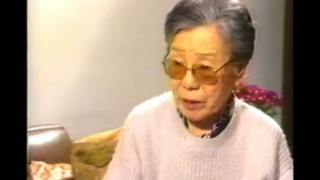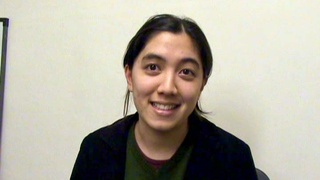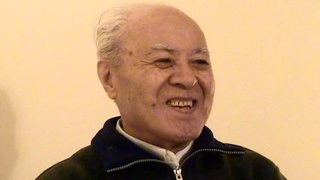Interviews
Little interaction with parents
When you ask me about my connections with my parents, at first, you know, when we were on the farm there’s hardly, because the parents are so busy, it’s only mealtimes and night times that we had any interaction. And when I see how we’re raising our little daughter now, my wife read to her every night, you know, since she was...when we got her at one year old, she was constantly being read to. Well, my parents were so busy with the farm that that didn’t happen. And of course, their first language is Japanese. So, a few times I got some fairy tales and maybe some songs that I remember from those days. But the interaction between parents and children, particularly in reference to school work, was not there at all.
Date: January 7, 2004
Location: California, US
Interviewer: Art Hansen
Contributed by: Watase Media Arts Center, Japanese American National Museum.
Explore More Videos

Reasons for conformity and competitiveness in Gardena, California
(b. 1946) Lawyer


Memories of railroad workers who stayed at family's prewar hotel in Spokane, Washington
(b. 1923) Chick sexer

Growing up with Japanese language and values
(1925 - 2018) Nisei educator from Hawai‘i

Retaining Japanese customs (Spanish)
(b. 1950) Nisei Chilean, Businessman

Opening a Japanese-style all-girls' school in Brazil (Japanese)
Issei, Pioneer of women's education in Brazil



To think in one language and live in another (Spanish)
Sansei Argentinean

Studying Japanese to understand her grandfather (Spanish)
Sansei Argentinean

Japanese language is the important aspect to keep identity (Spanish)
Sansei Argentinean

Initial struggles with the language barrier (Japanese)
(b. 1917) Okinawan, Issei Argentinean

The most memorable day of his life (Japanese)
(b. 1917) Okinawan, Issei Argentinean


His first jobs in Argentina (Spanish)
(1925-2014) La Plata Hochi, Journalist
